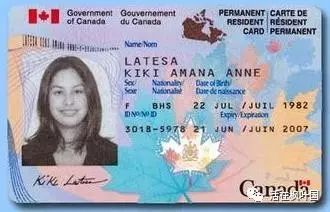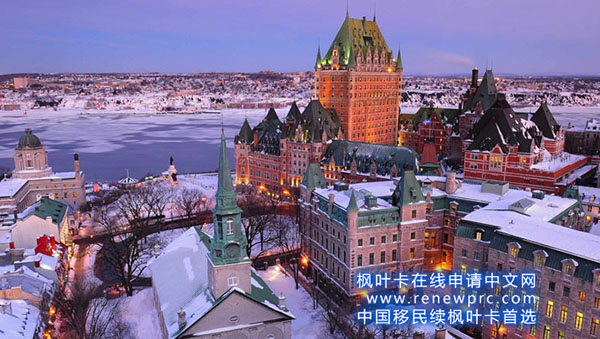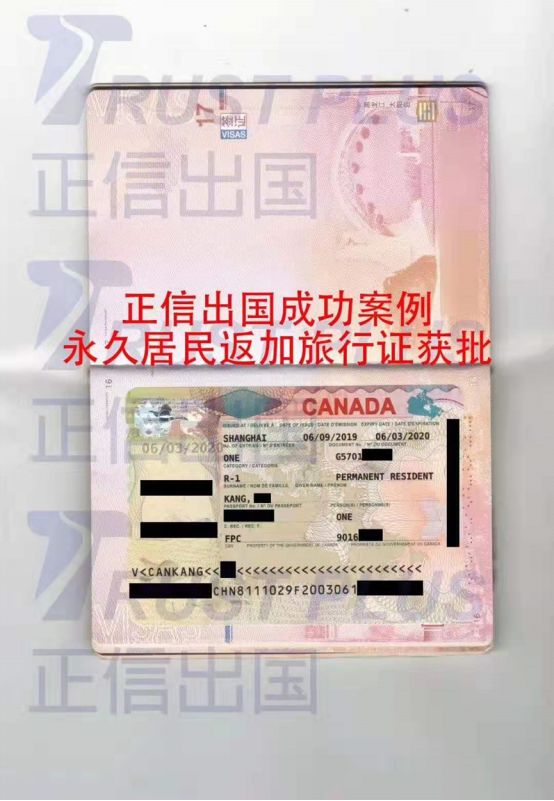The Waiting Time For Canadian Maple Leaf Card Replacement Is More Than One Year, And It Is Now Constantly Decreasing
The Waiting Time For Canadian Maple Leaf Card Replacement Is More Than One Year, And It Is Now Constantly Decreasing
Canadian Immigration Department spokesman Jennifer Bourque said the waiting time for maple leaf card replacement last year was caused by several factors. The most important thing is that the naturalization residence time is changed to 6 years and 4 years after living there.
Canadian Immigration Department spokesman Burke pointed out that the waiting time for replacement of maple leaf cards last year was more than one year, which was caused by many reasons. First of all, the naturalization residence time has been adjusted from the original 6 years to the need to live for 4 consecutive years, which has led to more applicants not meeting the naturalization requirements, and have to apply for a replacement of the maple leaf card. Secondly, the new cards launched in November last year to improve card security also extended the waiting time accordingly.
Burke pointed out that the waiting period for replacement of maple leaf card is gradually shortening. As of January 7 this year, the waiting period is as long as 194 days. By May 11, official data obtained by Super Life from the Immigration Department showed that the current waiting period had dropped to 82 days, less than three months. On the same day, the relevant departments were processing the application submitted on March 11, 2016.
Burke advises that people who need to update their maple leaf cards consider submitting their applications 6 months before expiration.
Richard Kuran, the attorney for Edrisinger, said that in Canada, thousands of people are facing similar dilemmas to Edrisinger, who are in a dilemma due to their lack of legal identity while waiting for a long wait for maple leaf card update. Kuran revealed that at a recent national immigration lawyer meeting, he discussed this issue with his peers, and it is generally expected that the number of affected people will be between "thousands and nearly ten thousand". It is worth noting that this data has not yet included those who have not hired lawyers.
Edili Singer's maple leaf card has expired. How did she return to Canada? At the time, due to her lack of legal Canadian residence certificates, the airline refused to provide her with a ticket to Vancouver from Sri Lanka. In desperation, she had to fly to Seattle, the United States first, and then transfer to land transportation to return. When arriving at the Canadian border, Edri Singer had to go through a lot of trouble and explain his situation in detail to officials of the Canadian Border Services Agency (CBSA). She said: "My identity is like a temporary visitor at this moment." I really feel that I don't belong to this or that. ”
If the validity period of the maple leaf card has passed and you are outside of Canada's borders, how will you return to Canada? Regarding this question, the official website of the Immigration Bureau provides corresponding answers ():
If you plan to return to Canada by commercial transportation, such as a bus, airplane, train or boat, you will need to apply for a document called the Permanent Resident Travel Document at a foreign visa center, which is referred to as PRTD.
If you arrive in Canada by private car, you can replace the maple leaf card with your entry registration form (IMM 1000) or permanent resident identity confirmation letter (IMM 5292 or IMM 5688) to complete the entry procedures.
Regarding the "Permanent Resident Tourism Documents", according to statistics on the application status of tourism documents by the Ministry of Immigration in 2013, 1,662 people in the three Immigration Department visa offices, Beijing, Hong Kong and Shanghai alone, were rejected, accounting for one-third of the number of people rejected in the world. Among the three offices, Beijing has the largest number of rejected applicants, reaching 940. The approval rate for global travel documents is generally 70%, however, in Hong Kong, this rate has dropped to 47%, in Beijing, 58%, and in Shanghai, 68%. In most cases, the reason for the rejection of the application is that the applicant fails to meet the requirements for living in Canada for two years in the past five years, which leads to the loss of his permanent resident qualification.
However, the approval rate of the "Permanent Resident Tourism Document" has been rising year by year, with the approval rate of the document reaching 89% in 2015. Among the 2,888 applicants, only 303 failed to obtain approval. In January 2016, the pass rate increased significantly to 95%.
Kuran Immigration Attorney pointed out that although the validity period of the maple leaf card is five years and must be updated after its expiration, the confirmation of Canadian nationality does not depend on the validity of the maple leaf card. In other words, even if the maple leaf card has expired, this does not mean the loss of permanent resident status.
Article 59 of the Canadian Immigration Act clearly stipulates that even if the maple leaf card has expired, the holder will still retain his identity as a permanent resident in Canada and will not lose this identity due to the expiration of the card card. In addition, even if the maple leaf card expires, the cardholder still has the right to apply for a new maple leaf card.
A permanent Canadian may lose permanent resident status in two situations:
After hearing the hearing, the Immigration and Refugee Bureau (IRB) judge ruled that the permanent resident's identity had been cancelled.
When I approved the application for "Permanent Resident Travel Documents" submitted by permanent residents, I realized that they had lost their permanent resident status and refused. If you choose to appeal because your travel documents are denied, your permanent resident status may be revoked. Therefore, there are certain risks in returning to Canada by applying for "Permanent Resident Tourism Documents".
After returning to Canada, if the Maple Leaf Card fails to renew successfully and if the appeal is insisted on filing an appeal, about one-third (32.11%) of the appeals won in 2010. However, this success rate has continued to decline in recent years. By 2014, the success rate has dropped to 15.4%.
Official website of Canadian government maple leaf card related policies:
FAQ official website:





